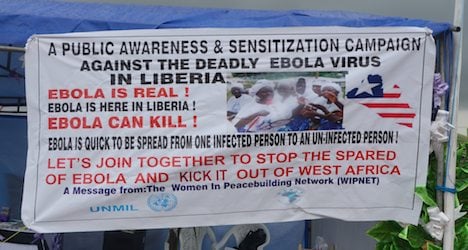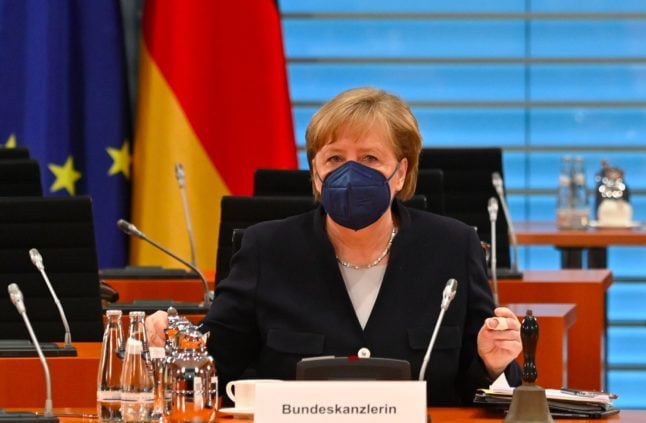"It is still unclear to the panel why early warnings approximately from May through to July 2014 did not result in an effective and adequate response," an interim report by experts said.
WHO only declared a global public health emergency on August 8th — almost five months after the outbreak had taken hold in west Africa.
The epidemic has left more than 11,000 dead, mainly in the west African states of Guinea, Liberia and Sierra Leone, out of over 26,000 cases.
"There were serious gaps in the early months of the outbreak in terms of engaging with the local communities," the report said.
"There is a strong, if not complete, consensus that WHO does not have a robust emergency operations capacity or culture."
It added that "at present, WHO does not have the operational capacity or culture to deliver a full emergency public health response."
The experts said that it took WHO "until August or September 2014 to recognize that Ebola transmission would be brought under control only when surveillance, community mobilization and the delivery of appropriate health care to affected communities were all put in place simultaneously."
WHO chief Margaret Chan had at the end of January acknowledged blistering criticism of the UN health agency's Ebola response, saying the crisis had "delivered some horrific shocks and surprises."
"Ebola is a tragedy that has taught the world, including WHO, many lessons also about how to prevent similar events in the future," she said, adding: "Never again should the world be caught by surprise, unprepared."
The report said there were "serious gaps in the early months of the outbreak in terms of engaging with the local communities."
Although traditional cultural practices, including funeral and burial customs, contributed to virus transmission, "culturally sensitive messages and
community engagement were not prioritized," it said.
"Essentially, bleak public messaging emphasized that no treatment was available and reduced communities' willingness to engage," it added.
The experts' panel is headed by Barbara Stocking, who formerly headed Oxfam.
WHO
Report slams WHO’s ‘poor’ response to Ebola
A UN-sponsored report on Monday denounced the Geneva-based World Health Organization's slow response to the Ebola outbreak and said the agency still did not have the capacity to tackle a similar crisis.
Published: 11 May 2015 14:57 CEST

Ebola poster in Liberia. Photo: AFP
Url copied to clipboard!


 Please whitelist us to continue reading.
Please whitelist us to continue reading.
Member comments